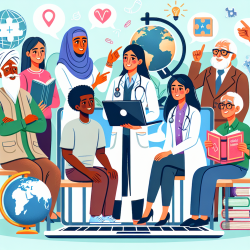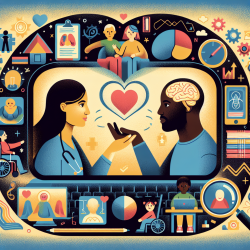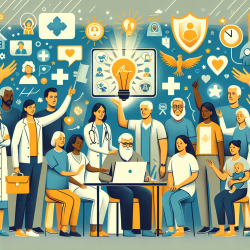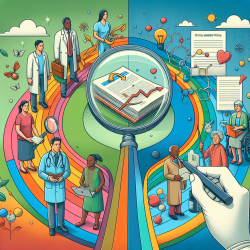The UK Public Health Association and the Congress of the World Federation of Public Health Associations (WFPHA) conference, held in Brighton, brought together experts from over 50 countries to discuss the evolving landscape of public health. As a practitioner in online therapy, the insights from this conference can significantly enhance your practice and broaden your perspective on global health challenges and solutions.
Here are key takeaways from the conference that can be implemented in your online therapy practice:
1. Addressing Economic Influences on Health
Rafael Bengoa, Director of Health System Policies and Operations with the World Health Organization, emphasized the link between good health and good economics. Economic growth has brought benefits but also chronic disease burdens. Online therapists can incorporate this understanding by advocating for policies that address economic determinants of health, such as poverty and access to resources, which can impact mental health outcomes.
2. Leadership, Technology, and Funding
Richard Feachem, Head of the Global Fund to Fight AIDS, Tuberculosis, and Malaria, highlighted the importance of leadership, technology, and funding in combating health crises. Online therapists can leverage technology to provide accessible mental health services and advocate for increased funding for mental health programs.
3. Public Participation and Intersectoral Action
Bengoa also stressed the importance of public participation and intersectoral action in health initiatives. As an online therapist, you can encourage community involvement in mental health initiatives and collaborate with other sectors, such as education and social services, to provide comprehensive care.
4. Advocacy and Capacity Building
Derek Wanless, advisor to the UK Treasury, criticized the public health sector for not fully utilizing its potential. He called for greater advocacy and capacity building within the public health workforce. Online therapists can enhance their advocacy skills and participate in professional development opportunities to better serve their clients.
5. Addressing Global Health Inequities
Marc Danzon, WHO Regional Director for Europe, pointed out that good health does not automatically equate to good economics. Online therapists should be aware of global health inequities and advocate for policies that promote health equity and access to mental health services for all populations.
6. Global Public Health Action Areas
Ilona Kickbusch, a prominent public health leader, proposed five action areas for global health: health as a global public good, health as a key component of global security, health as a key factor of global governance for interdependence, health as responsible business practice and social responsibility, and health as global citizenship. Online therapists can integrate these principles into their practice by promoting health literacy, advocating for responsible business practices, and fostering a sense of global citizenship among clients.
By implementing these insights from the conference, online therapists can enhance their practice and contribute to global health initiatives. Continuous professional development and advocacy are essential in addressing the complex health challenges of the 21st century.
To read the original research paper, please follow this link: The UK Public Health Association and Congress of the World Federation of Public Health Associations (WFPHA) conference—plenary session presentations.










